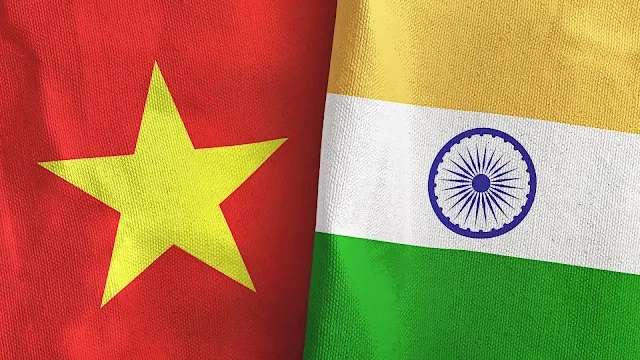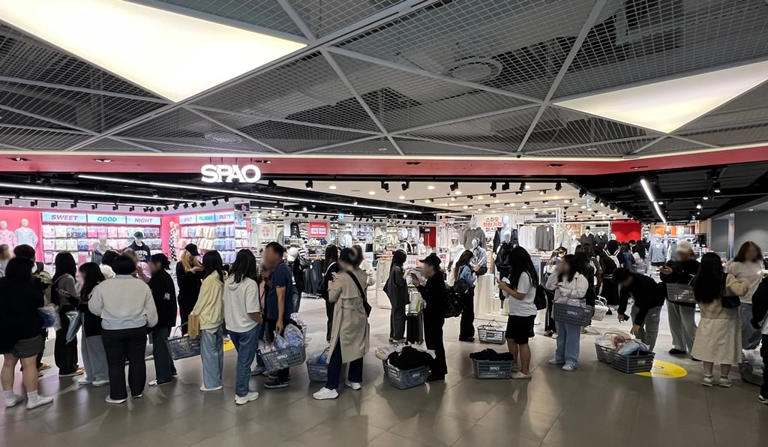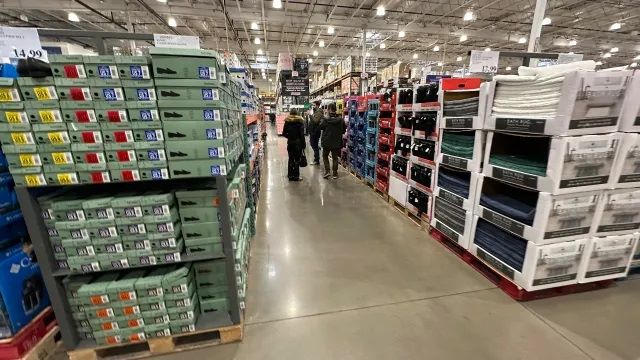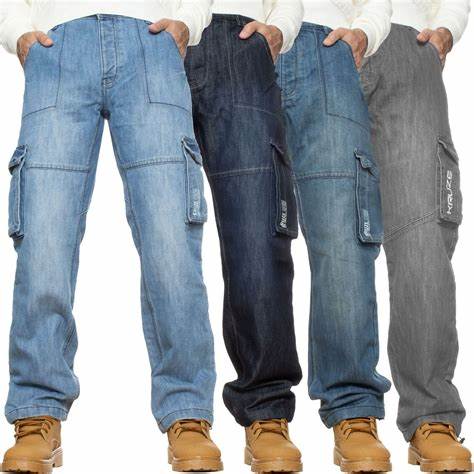"All hopes rest on the fourth quarter of fiscal year 2016-17 for the textile mills to tide over tough times. The Textile Ministry's initiative to allow mills to pay only 10 per cent of procurement money has come as a breather. They feel, the move could ease production cost in the last quarter of the fiscal. Moreover, the industry is looking to orders for summer season 2017 to boost fourth quarter results."
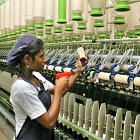
All hopes rest on the fourth quarter of fiscal year 2016-17 for the textile mills to tide over tough times. The Textile Ministry's initiative to allow mills to pay only 10 per cent of procurement money has come as a breather. They feel, the move could ease production cost in the last quarter of the fiscal. Moreover, the industry is looking to orders for summer season 2017 to boost fourth quarter results.
Mill owners hope Q4 will not be as bad as the Q3. They are focusing more on exports which could help them boost the results. However, everyone in the industry hopes that business would pick up in the first quarter of next financial year.
Cotton pricing initiatves
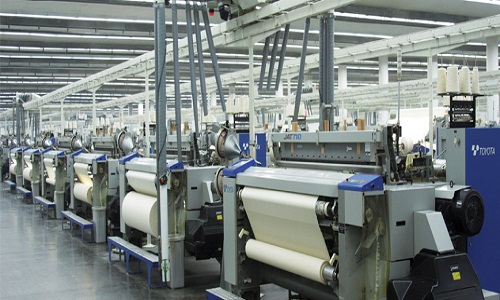
While large traders and multinational cotton traders take advantage of hedging facility and cheaper funds, mills are unable to build adequate inventory and have been paying higher price for the cotton during off season. More than 75 per cent of the cotton arrives in market from December to March and around Rs 60,000 crores is required to procure seed cotton during this period. Since ginning and spinning mills do not have such funds, farmers invariably get lower price. Owing to that, the cotton textile industry had been demanding the government to ensure cotton fibre security and stability in cotton prices so that both farmers and the industry get benefits and remain competitive in the global market. With the new textile minister directing Cotton Corporation of India (CCI) that normally procures cotton only when the prices crash below minimum support price to procure cotton on a commercial basis and supply to the mills, the textile industry has welcomed the move.
The new terms and conditions of fully pressed bales of CCI facilitates registered MSME textile units to procure cotton by paying only 10 per cent deposit money as against 20 per cent which is applicable only for the sale quantity of 30,000 bales and above. “The deposit money up to 2,999 bales is only 15 per cent. This would greatly help MSME units which are starving for working capital fund in the post-demonetisation regime,” explains M Senthilkumar, Chairman, Southern India Mills' Association (SIMA).
Senthilkumar further says earlier there was a difference in the free period ranging from 30 to 75 days and 75 days free period was available for the procurement of 15000 bales and above, which led to MSME textile units' inability to derive much benefit out of CCI. “However, now the free period has been made uniform and fixed at 45 days which would again help the actual users and the MSME units,” he stated.
Hoping for the good times
Textile industry sources say, CCI might procure around 1.5 million bales and maintain an inventory of 500,000 bales so that stability in cotton price is maintained. Meanwhile, the textile industry has also been requesting CCI to opt for coastal movement of bales between Gujarat and Tamil Nadu that would again yield considerable saving for the mills, of anywhere between 10 per cent 25 per cent in freight costs.





